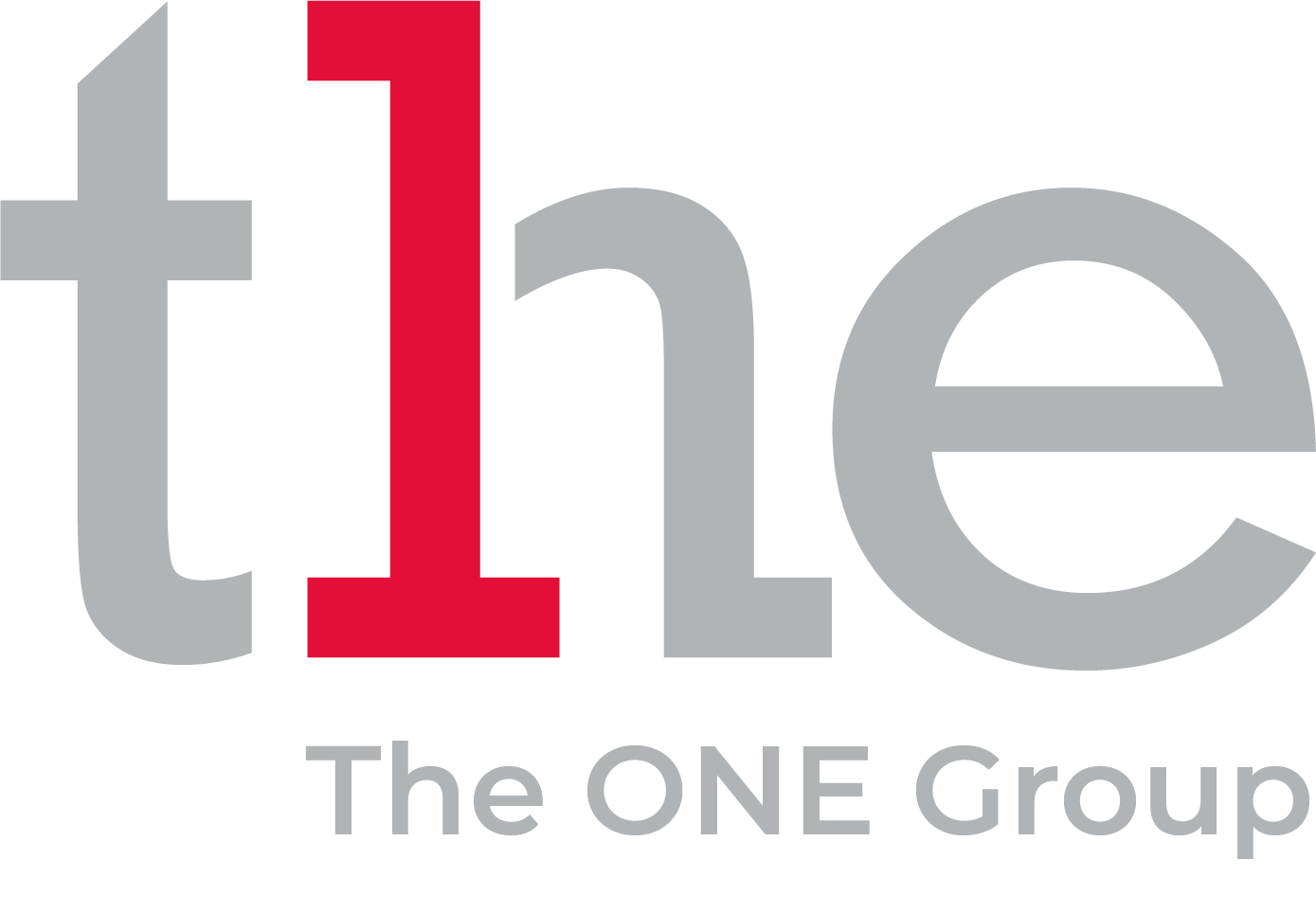We believe that you should always trust in yourself and in your skills and abilities when writing your CV and that you should try to be honest and authentic.
Not being true to yourself could lead to unhappiness in a job or even a lack of professional success. If you tailor your CV for a role that doesn’t suit your skills or personality and then land that role, you might struggle with the role or company down the line.
When you find a job that is the right match for you and your CV truly reflects your experience and abilities, your CV will naturally shine through and you won’t have to create a false image of yourself in the process.
The key for your CV is to aim to list your skills, experience and achievements honestly and to present them in the best way you can. We’ve written this blog on the value of being yourself on your CV with some advice too.
You don’t need to be perfect.
On your CV try to present yourself as a strong candidate for the role - you don’t need to come across as perfect. It could be that the hiring manager will think that there is no scope for you to learn or grow within the role if you already know everything about it.
If you show too much enthusiasm for progression and there is little potential to progress with a certain role or company hiring managers may worry that you’ll be looking for promotion after a few months or even a new role if there are more opportunities for progression.
To be yourself, showcase your awareness of your strengths and any weaknesses, and highlight the areas where you feel you have the potential to grow in the role you’re applying for.
You don’t need to exaggerate.
We get it, everyone is tempted to exaggerate on their CV at one time or another for a job that sounds great and they really want. Especially if you think you could do the job if you were given the opportunity. But doing this could potentially result in being removed from the shortlist if it is noticed or if you land the role, it could possibly get you into trouble at some point later down the line during the role. This won’t help your career in the long run and so, we believe, it just isn’t worth it.
If you feel you’re missing something that is required for a particular role, try to highlight how you’d transfer your previous skills or experience to fill the gap. Then if you are offered the job, you have been honest in your abilities, there will be less pressure on you, and your employer will be aware of a potential training program they will need to put you on.
Present evidence!
It really helps to back up the statements you make on your CV with facts. When you think about your key achievements (processes, projects delivered, services, etc) try to measure the impact these had with numbers; for example “increased followers on LinkedIn from 11,000 to 13,000 within a 12-month period.”
To help you with your evidence, try to gather the information for your CV by keeping a record of your performance and achievements throughout the year. List any awards, nominations, or special recognition you’ve received, and remember to save any positive feedback or endorsements from colleagues or customers.
If you have any relevant qualifications, training, or membership of any professional bodies, ensure you reference these to help showcase your knowledge and commitment.
If you have any LinkedIn recommendations, highlight these. Allowing the hiring manager to see others endorse you is more objective and believable than your opinion alone.
Try not to boast or brag...
Nobody likes to work with people who think they know it all or feel they are the best at everything. On your CV, you can add words of this nature but try not to overuse them; ‘passionate’, ‘creative’ or ‘hard-working. If you believe it, portray this within your CV with your achievements and evidence.
Be detailed.
Instead of just stating “experienced manager”, detail what that entailed. For example: “successfully led a team of six people to deal with incoming calls…” or “responsible for adhering to £50,000 annual marketing budget.” This extra information provides the hiring manager with a more detailed overview of your previous roles and responsibilities and the level you’re currently working at.
Being vague on your CV may result in hiring managers having questions about your ability. For the role you are applying for, if you feel you have a gap in knowledge, skills, or experience, take your time to explain why. If you were part of a team that achieved something, state exactly what your role and involvement was.
Being your most authentic self on your CV is the best way to land a job that is best suited to you, your skills, experience and your abilities and this can lead to a successful professional journey with the right opportunities presenting themselves.
The key takeaway? CVs can be a tricky document to navigate and get it right by trying not to oversell yourself or showcase too many weaknesses. But the most important thing to remember is to be authentic. State facts, present evidence, list your skills and experience and be confident to discuss these if you get to the next stage.
Ready to start your job search? Let us help guide you. Start a conversation with our team today by emailing your CV to info@theonegroup.co.uk or visit our jobs page.


